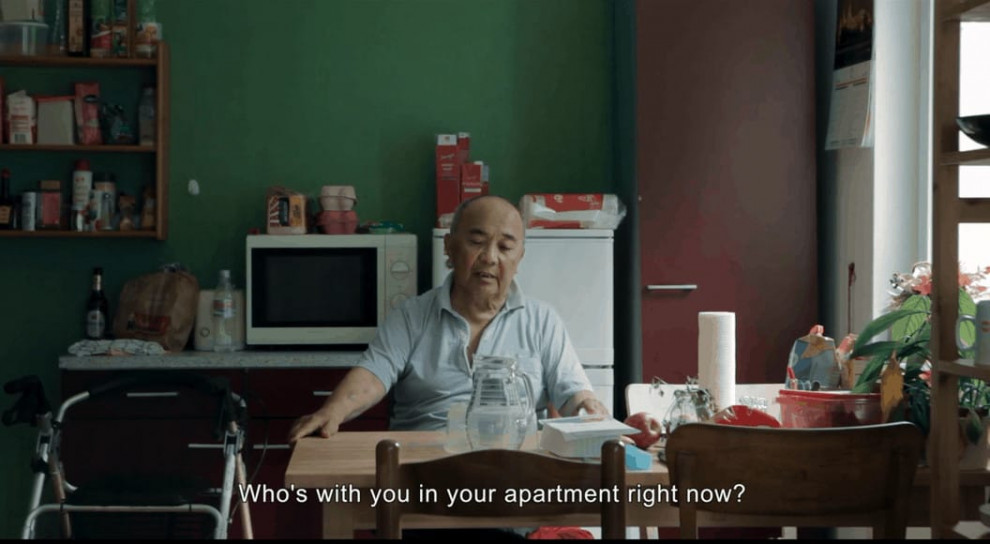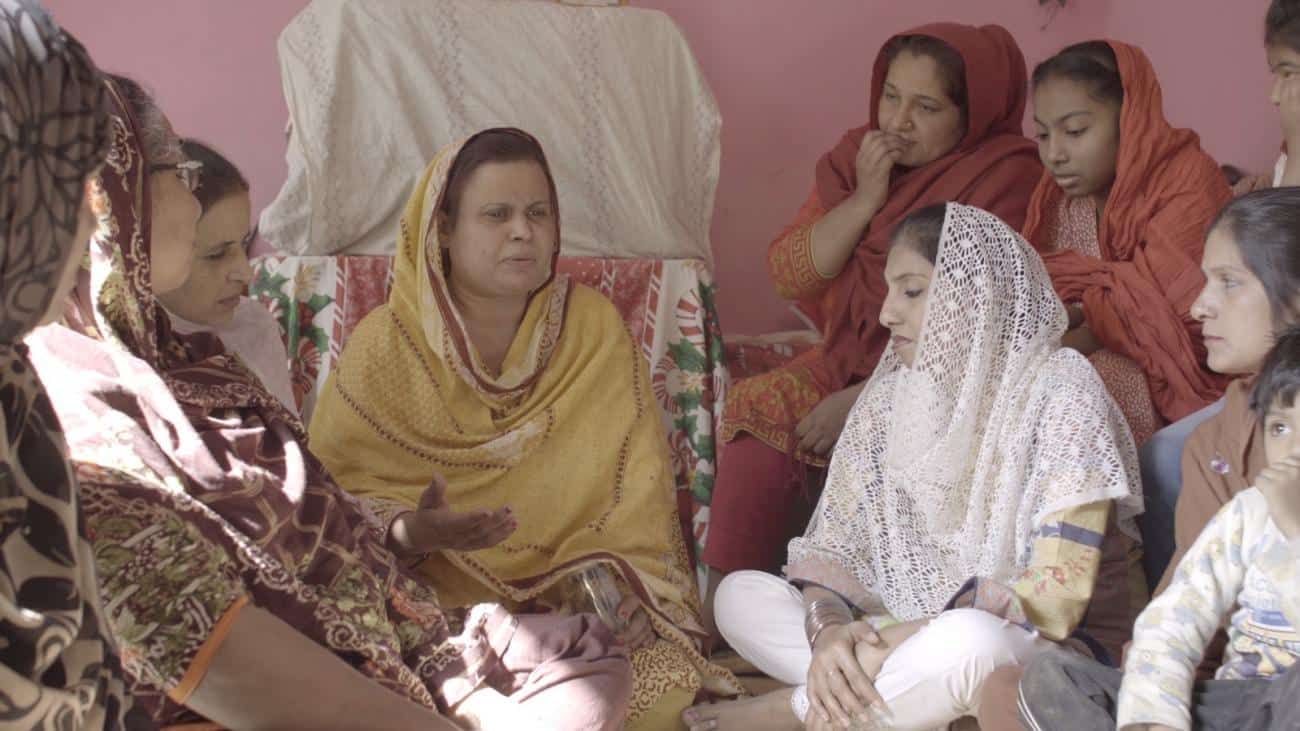It is always a pleasure to watch a documentary that manages to work both on an informational but also at a personal level, and Cha Escala seems to have managed to achieve the perfect balance between the two, in a film that is nothing less than shocking, particularly due to its sincerity.
Pepe Luneta, founding member of the Communist Party of the Philippines, has not seen his son, Bambam, in over 20 years. Since fleeing the country in the 90s to seek asylum in Germany, Pepe has lived alone and only communicates with his son through letters and phone calls. With his health declining fast, Pepe dreams of seeing Bambam one last time before he dies.
When Bambam is unable to secure a passport due to problems with his legal documents, his partner and the film's director-narrator, Cha, flies to Bielefeld on his behalf. As she looks after Pepe in the hospital, Cha and Pepe bond over his stories of the early years of the Communist Party and the idealistic spirit that pervaded the movement.

Thus begins a story of trouble and self-sacrifice, with Pepe recounting the events of his life, from the time he was recruited into the CP during his time in the university, to the feud that led him to another party, to his days as a commander of the armed branch. Right about this time, the first shock comes, when Pepe begins talking about the machismo that dominated the communist party, and the fact that he also felt attraction for both men and women. His meeting with his future wife and the birth of his son, in true guerilla style, come next, and his subsequent imprisonment for six years, that led Bambam to grow up with foster parents, and to fall out with his wife, eventually. As the story continues, along with Pepe's quite eloquent thoughts about the concept of revolution and the inner fights that led to the split of the Communist party, he also starts to refers to a “past mistake,” a mention that haunts Cha even after she returns to the Philippines.
Back in Manila, events lead Bambam and Cha to Pepe's former comrades, whose testimonies shed light on the lives lost and the blood shed by Pepe's “mistake,” in a series of truly shocking sequences that reveal another, far darker aspect of both his and of his party's tactics.

The narrative style Escala implements works quite well, as it combines Pepe's interviews, her own narration that fills in the gaps, archive footage from the actual events that led to Marco's fall, the interactions between father and son, the testimonies of his former comrades and a number of dramatization sequences, which seem a bit out of context, but in the end, add to the overall aesthetics of the documentary. The work done in the editing is also great, as it connects all the aforementioned parts in a way that keeps the interest unwavering, although the main subject had already took care of that.
The fact that her return to Manila functions as a dichotomy on the “profiling” of a man who seemed like a true hero and intellectual in the first part and a whole new other person in the second also works quite well, providing a shock element that is bound to have the same effect to the viewer as it had to the people involved, and particularly his son, who always considered him a straightforward hero.

As the last testimonies become realistically grotesque, the documentary also focuses on another aspect, that of human nature and how far ideology can lead a man. At the same time, the unanswered questions left behind also seem to add to the overall context of the documentary. What did Bambam have to say about his actions? Is he truly regretful? And how will his son cope with this new knowledge?
Not much more to say, “Remnants of a Revolution” is a great documentary that will leave its viewer shocked and pondering on a number of levels after its ending. Not much more one could ask from a documentary.















